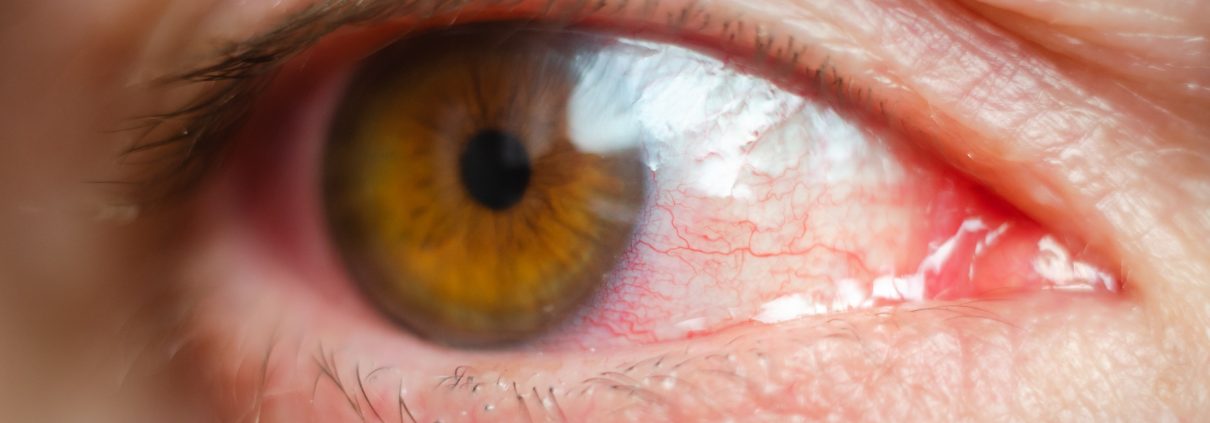TREATMENT OF UVEITIS/ OCULAR INFLAMMATION
Your eye is made of layers. The uvea is the middle layer. It’s between the white part of your eye — called the sclera — and the inner layers of your eye.
Your uvea contains three important structures:
The iris. That’s the colored circle at the front of your eye.
The ciliary body. Its job is to help your lens focus and make the fluid that nourishes the inside of your eye.
The choroid. This is a group of blood vessels that give your retina the nutrients it needs.
Are There Different Types of Uveitis?
Yes. Which type you have depends on where the swelling is.
- Anterior uveitis is the most common. It affects the front of your eye.
- Intermediate uveitis affects your ciliary body.
- Posterior uveitis affects the back of your eye.
- If your entire uvea is inflamed, you have panuveitis.
Treatment
The first step may be eye drops that have medicine — usually a corticosteroid — to fight inflammation. You might get dilating eye drops to prevent scarring and cut eye twitches. If the drops don’t work, your doctor may add a pill or injection.
If an infection causes your uveitis, you’ll get other drugs, too. These infection fighters include antibiotics and antivirals.



